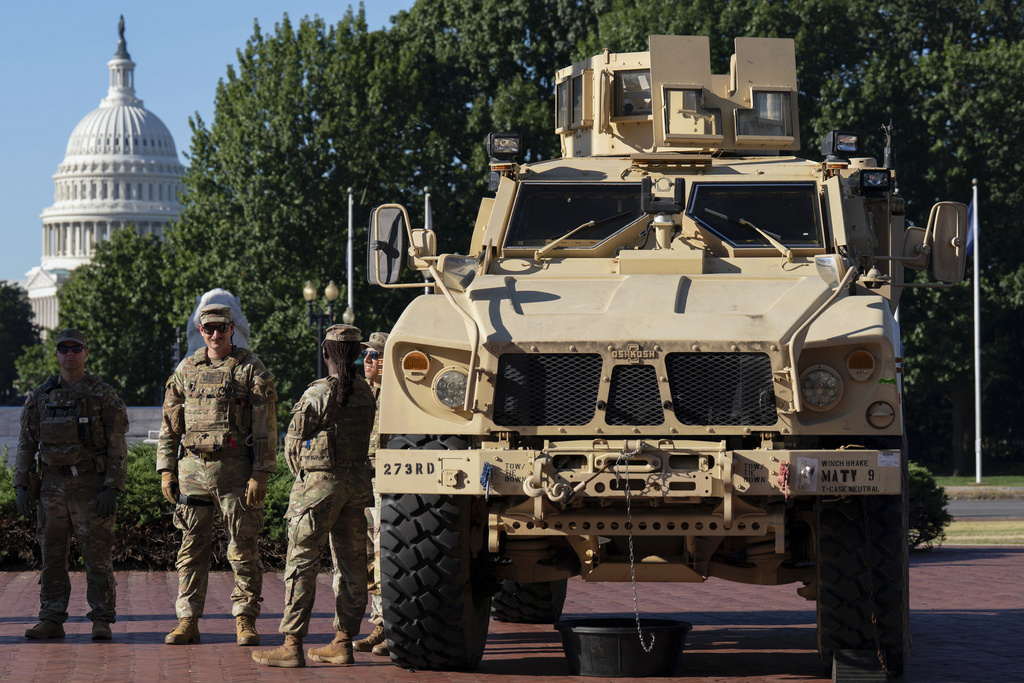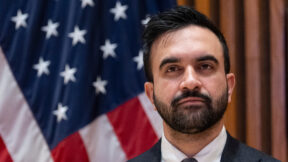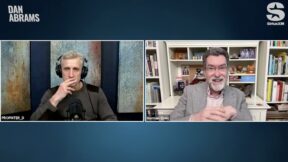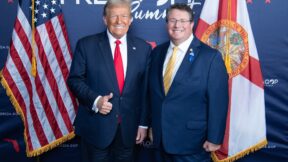MSNBC Analyst Who Had 6 Vehicles Stolen in DC Criticizes Trump’s National Guard Crime Crackdown

AP Photo/Jose Luis Magana
MSNBC analyst Ashley Parker criticized President Donald Trump’s use of the National Guard to crack down on crime in D.C., just months after she complained that six of her vehicles had been stolen while living in the capital.
In a Friday article for The Atlantic titled, “Why Is the National Guard in D.C.? Even They Don’t Know,” Parker and co-author Nancy A. Youssef described the deployment of the National Guard, along with other federal officers, as an “occupation” and claimed it had “chilled life in the city.”
“To some—especially undocumented immigrants — the Guard presence is disconcerting at best, terrifying at worst,” wrote Parker and Youssef, claiming “it was clear that almost no one felt particularly good about the arrangement: not the National Guardsmen, many of whom clearly didn’t want to be there, leaving their families and jobs in order to spread mulch and pick up trash; and not the residents, many of whom were furious with the occupation of their city or, worse, terrified of what the military’s presence portended for them and their loved ones.”
The article also mocked the deployment of the National Guard, describing their “very presence” as “sitcom-esque,” “their backdrops farcical,” and quoting sources who likened them to gardeners.
Following the publication of the article, a June social media post that showed Parker complaining about having her vehicles stolen resurfaced and went viral.
“After another bike was stolen last night, my husband and I realized our life as DC homeowners by the numbers includes: 1 stolen car; 2 stolen scooters/Vespas; 3 stolen bikes; a partridge in a pear tree; etc,” wrote Parker.
In August, just a week after throwing shade at Trump for deploying an “armed militia in the nation’s capital,” D.C. Mayor Muriel Bowser boasted that the city had experienced an “87% reduction in carjackings” since the president’s crackdown on crime in the capital.
“We know that when carjackings go down, when the use of gun goes down, when homicide or robbery go down, neighborhoods feel safer and are safer,” she said. “So this surge has been important to us for that reason.”





Comments
↓ Scroll down for comments ↓